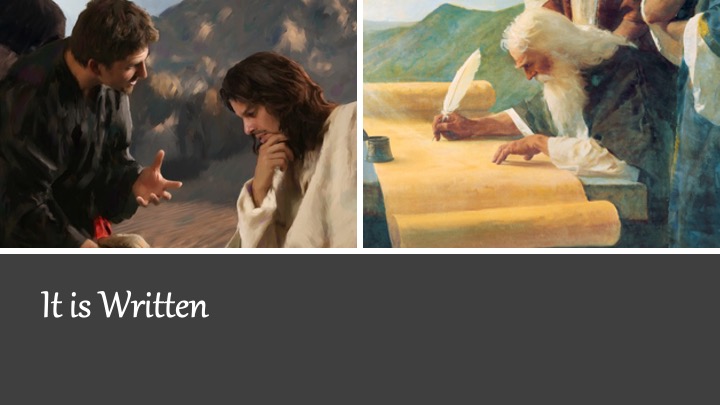The Parable of the Rich Man and Lazarus is a stark and deeply uncomfortable story used by Jesus to unveil the profound eschatological reversal inherent in the Kingdom of God and to condemn the sin of indifference. Jesus juxtaposes two figures—a rich man, nameless and self-absorbed in his daily feasting, and a beggar named Lazarus, covered in sores and longing only for the rich man’s scraps. Both die, and their fortunes are immediately flipped: Lazarus is carried to comfort beside Abraham, while the rich man finds himself in torment. Jesus utilizes this dramatic imagery, drawn from popular Jewish folklore, not to give a literal blueprint of the afterlife, but to emphasize the permanence of choices made in this life and the divine accountability of those who hold privilege yet fail to show compassion for the suffering right at their gate.
The primary sin Jesus critiques is not wealth itself, but the selfishness and blindness that extreme luxury often breeds. The rich man is condemned because he was indifferent; he saw, but chose not to engage with, the suffering of Lazarus at his very doorstep, thereby failing to recognize their shared humanity. The parable acts as a clarion call to remember unseen eternal realities and to align one's life with God's priorities, which fundamentally value relational wealth and humility over material accumulation. The rich man's final plea to have Lazarus warn his living brothers is chillingly denied by Abraham, who states, "They have Moses and the Prophets." This powerful line confirms that the time for repentance is now, and God has already provided sufficient revelation through Scripture to guide humanity toward justice and mercy.
Ultimately, the parable demands a radical reorientation of the listener's heart and priorities. It reveals that Jesus identifies with the poor and marginalized ("I’m with Lazarus at the gate"), and that His ministry is one of overturning societal injustice. The story invites self-examination, forcing us to ask who or what we are ignoring at our own "gate." It is a solemn warning that the opportunity to respond to the call for compassion and generosity is not unlimited. By urging us to examine our attachments and choose daily to live open-handedly, the parable reveals that true wealth is relational, and genuine faith requires active love that reflects the eternal justice and profound mercy of the Kingdom.

Doubt is an experience common to all people. Even those with faith in God struggle with doubt on occasion and say with the man...

The Old Testament says many times of itself, “thus says the Lord.” as well as “it is written.” And Jesus and many of the...

Christian friendship is a treasure because it helps us cling to our greatest Treasure. How can we be friends who preserve and strengthen the...